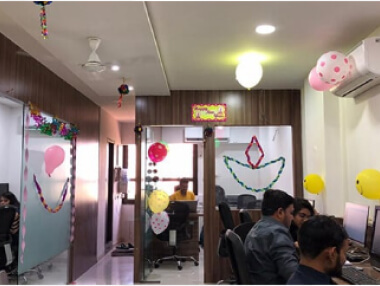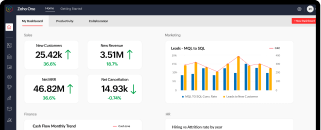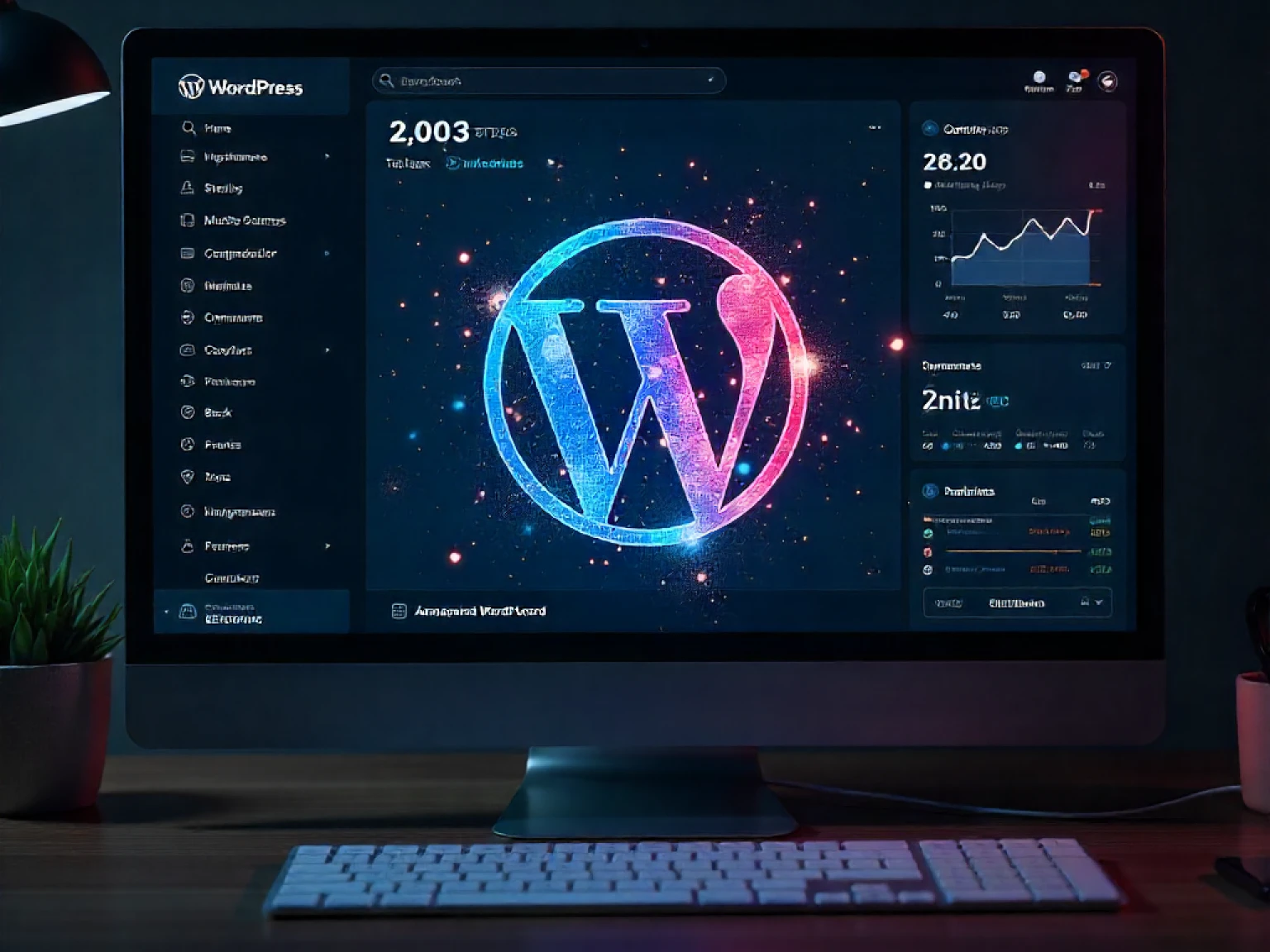Why Off-the-Shelf Plugins Are No Longer Enough
Common Limitations of Generic Plugins
- Feature bloat: Unused features slow down site speed and affect user experience.
- Security vulnerabilities: Popular plugins are frequent targets for cyber-attacks.
- Limited flexibility: You can’t easily modify functionality without touching the core code.
- Integration issues: Conflicts often occur when integrating with CRM, ERP, or third-party APIs.
- Brand inconsistency: Generic solutions can dilute your unique user experience.
Top Business Advantages of Custom WordPress Plugin Development
1. Full Control Over Functionality
Custom plugins allow you to define exactly how your site behaves. Whether you want to automate backend processes, integrate marketing tools, or create advanced user dashboards, a custom plugin gives you complete control without unnecessary code or features.
2. Enhanced Security and Compliance
Unlike public plugins that are frequently targeted by hackers, custom plugins are private, reducing exposure to common security risks. Developers can also implement GDPR, HIPAA, or PCI-DSS compliance measures directly within the plugin ensuring your site meets all legal standards.
3. Improved Website Performance
Custom plugins are built for efficiency. They load only the scripts and functions your business needs, eliminating performance bottlenecks. According to Think with Google, even a one-second delay can drop conversions by 7%. With optimized plugin architecture, you gain faster load times and higher conversion rates.
4. Seamless Integration with Business Systems
5. Long-Term ROI and Scalability
Custom Plugin Development vs. Ready-Made Solutions
| Factor | Custom Plugin | Ready-Made Plugin |
|---|---|---|
| Performance | Optimized for your site’s code and speed | Includes unnecessary scripts and features |
| Security | Private, less vulnerable to attacks | Publicly available, targeted frequently |
| Scalability | Flexible and future-proof | Limited customization and adaptability |
| Cost | Higher initial investment, long-term savings | Low upfront, but long-term inefficiency costs |
| Support | Dedicated maintenance from your developer | Depends on third-party updates |
Real-World Example: Plugin Efficiency in Action
How Custom Plugins Drive Digital Transformation
- AI Integration: Build smart recommendation engines or chatbots directly into your site.
- Automation: Streamline lead capture, notifications, and CRM updates automatically.
- Data-Driven Insights: Collect and visualize analytics tailored to your KPIs.
- Personalized UX: Deliver dynamic content based on user behavior and profiles.
When Should a Business Invest in a Custom Plugin?
- Your existing plugins cause conflicts or slowdowns.
- You need advanced integration with APIs or third-party tools.
- You require automation to reduce manual work.
- Your business model is unique and not served by generic plugins.
- You’re scaling rapidly and need a performance-optimized setup.









